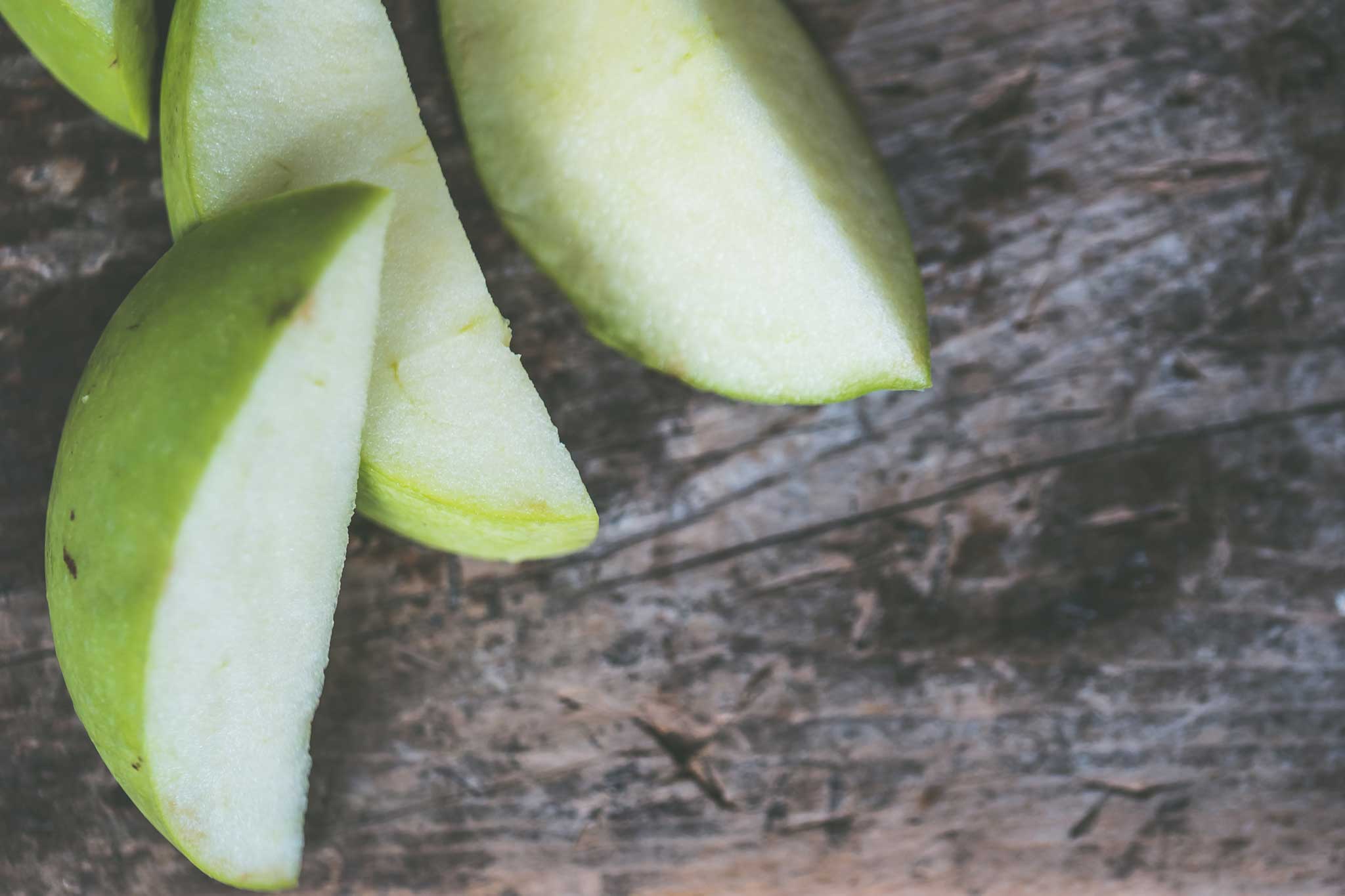Defining Food Justice

“Justice” feels like a big word these days, no matter what word precedes it: food, health, racial, economic, migrant, equal . . . I could go on. In digging into the meaning of “justice,” I am left unsatisfied because the definitions and descriptions feel subjective and kind of squishy: “reasonable, conforms to correctness, morally upright, merited, or impartial.” It feels like justice is not so much a term that can be defined as it is a philosophical concept that gets debated. Nonetheless, using the word “justice” is important, and continuously debating its meaning actually brings us closer to realizing the concept.
According to the Stanford Encyclopedia of Philosophy: “The most plausible candidate for a core definition comes from the Institutes of Justinian, a codification of Roman Law from the sixth century AD, where justice is defined as ‘the constant and perpetual will to render to each his due.’” Wow, that’s heady. If we add in “food,” it might read: “Food justice is the constant and perpetual will to render to each the nourishing and culturally-appropriate food that is their due.” Let me say that again: “Food justice is the constant and perpetual will to render to each the nourishing and culturally-appropriate food that is their due.”
Those words resonate with me, personally. It describes the work we—the Vermont Foodbank and our countless partners across the state– do, every day. But what sounds like the right definition to me, you, or any of us individually is less important than how we work together to bring the concept into action, because justice is an action. It’s our communities’ ever-evolving actions, that “constant and popular will,” that redefine justice every day. Every day there are people right here in Vermont exercising that “constant and popular will to render to each the nourishing and culturally-appropriate food that is their due.” I think many of you will see yourselves in this work, and I hope you do. I hope you’ll all engage in spirited discussion around “food justice” and what it means to you. Talk with all people, those seeking food, policy makers, donors, friends, and neighbors.
And, if you want to dig in a bit, I’d recommend a great local resource: Vermont Farm to Plate. There you’ll find a tool kit: “Approaches Toward Food Access: A Self-Assessment Tool and Resource Guide” that is both comprehensive and accessible. There are tools to better understand the work you’re doing and see if it aligns with the impact you want to be having.
